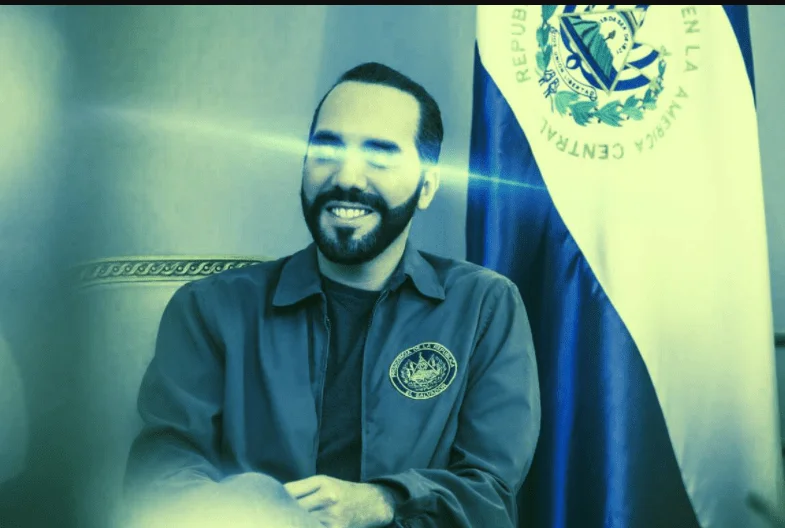Bitcoin is on the rise, thanks to a rapidly spreading social media campaign enticing users to buy $30 worth of cryptocurrency on September 7.

As Bitcoin bulls envision a prosperous September, the largest cryptocurrency’s price rose 2.5 percent in one day on Monday, reaching a four-month high of $51,908, before retracing to $51,600 by press time.
Bitcoin has seen a significant increase in daily trade volumes, topping $77 billion, with weekly gains of 5.6 percent.
A increasing social media campaign urging individuals to buy tiny quantities of Bitcoin on September 7, when the cryptocurrency becomes legal tender in El Salvador, could be one cause for the recent price movement.
Users on the social media platform Twitter have been discussing plans to coordinate $30 Bitcoin purchases over the past few days, typically using the #7SeptemberBuyBTC hashtag to show support for El Salvador’s Bitcoin law.
MicroStrategy’s CEO Michael Saylor, who wants “every cyber hornet” to demonstrate sympathy with the people of El Salvador and the country’s president, Nayib Bukele, has also joined the campaign.
On September 7, El Salvador will officially begin using #Bitcoin as its national currency alongside the U.S. dollar. Every cyber hornet 🐝 I know is planning to buy $30 in BTC tomorrow in solidarity with the people of #ElSalvador and their leader @nayibbukele. Will you join us?
— Michael Saylor⚡️ (@michael_saylor) September 6, 2021Members of the 3.3 million-strong r/Bitcoin subreddit, the largest Bitcoin-themed group on Reddit, are also being urged to participate, with the topic starter, who goes by the pseudonym “thadiusb,” estimating that if all of the group’s members participate, they could potentially buy up to $99.5 million worth of Bitcoin.
Even while the user “thadiusb” claims that this is “more of a support gesture than a pump,” several users have expressed concerns that a coordinated campaign at a specific day and time could produce a price pump and “make it more expensive for Salvadorans to accumulate.”
There is a legal dispute over Bitcoin
According to the new law, which was proposed by President Nayib Bukele and passed by the Legislative Assembly of El Salvador in June.
Bitcoin is recognized as “unrestricted legal tender with liberating power, unlimited in any transaction, and to any title that public or private natural or legal persons require carrying out,” and that it is “unlimited in any transaction and to any title that public or private natural or legal persons require carrying out.”
To put it another way, El Salvador’s new legislation establishes Bitcoin as a genuine currency on par with the United States dollar, and people of the country who sign up for the state-sponsored cryptocurrency wallet Chivo will be eligible for an airdrop worth $30 in cryptocurrency.
In addition, the law stipulates that pricing throughout the country must be expressed in bitcoins (BTC), and that shops and sales outlets must accept cryptocurrency as payment.
However, there is still some ambiguity surrounding this particular item because the President has stated that the usage of Bitcoin will not be necessary under any circumstances.
Despite President Bukele’s enthusiasm, El Salvador’s Bitcoin law has been met with criticism, and in June, the Farabundo Marti National Liberation Front, the country’s opposition party, filed a lawsuit against the government.
Additionally, according to a poll done in August, more than two-thirds of Salvadorans (67.9 percent) oppose Bitcoin becoming the country’s legal coinage.
Protesters came to the streets to voice their opposition to the new legislation, expressing concerns that it “could be used to defraud users and also facilitate money and asset laundering.”
Mario Gomez, a cryptocurrency and computer systems specialist and the founder of tech incubator Hackerspace, spoke out against the Bitcoin law, and was even arrested as a result of his opposition.
Gomez warned of flaws and risks associated with the Bukele government’s implementation of the legislation, and was even arrested as a result of his opposition.
